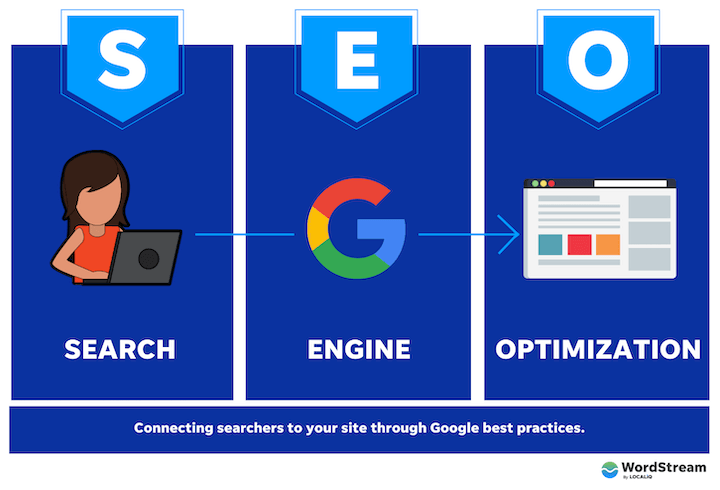Search Engine Optimization: A Beginner's Guide
Search Engine Optimization: A Beginner's Guide
If you’ve ever wondered how to get your website to the top of Google’s search results, then you may have heard about search engine optimization (SEO). But what is SEO, and how does it work? In this beginner’s guide, we’ll walk you through the basics of search engine optimization and provide tips for optimizing your website to improve your search engine rankings.
What is SEO?
Search engine optimization is the process of optimizing your website to rank higher in search engine results pages (SERPs) for specific keywords or phrases related to your business. SEO involves a combination of technical and creative tactics to improve your website’s visibility in search results pages, attract more website traffic, and ultimately increase your business’s sales and revenue.
How does SEO work?
Search engines like Google use algorithms to rank websites in search results pages. These algorithms use more than 200 ranking factors to determine which websites deserve to rank higher than others. Some of these ranking factors include:
- Quality of content: Does your website provide high-quality, informative, and relevant content to users?
- User experience: Is your website easy to navigate, fast to load, and mobile-friendly?
- Backlinks: Does your website have high-quality links from other websites pointing to your site?
- On-page optimization: Have you optimized your website’s content, meta tags, headings, and images for search engines?
- Social media signals: Does your website have active social media profiles that engage with users and drive traffic to your site?
To improve your website’s SEO, you need to optimize your website’s content, structure, and technical aspects so that search engines can crawl and index your site more effectively.
Tips for optimizing your website for SEO
Here are some tips for optimizing your website for SEO:
Conduct keyword research: Before creating content for your website, it’s important to research keywords that your target audience is searching for. Tools like Google Keyword Planner, SEMrush, and Ahrefs can help you find relevant keywords and phrases to include in your content.
Create high-quality content: Your website’s content should be original, engaging, and informative for users. Avoid duplicating content from other websites and focus on providing value to your audience.
Optimize your website’s structure: Make sure your website has a clear and logical structure with headings, subheadings, and a table of contents to help users navigate your site. Use descriptive URLs, meta tags, and image alt tags to help search engines understand the content of your site.
Build high-quality backlinks: Focus on building high-quality backlinks from authoritative websites in your industry. Avoid using spammy link-building tactics like buying links or participating in link schemes.
Engage with your audience on social media: Active social media profiles can drive traffic to your website and improve your SEO by increasing brand awareness and building backlinks.
By following these tips and implementing SEO best practices, you can improve your website’s search engine rankings and attract more traffic to your site. Remember, SEO is an ongoing process that requires continuous optimization and monitoring to achieve long-term success.


.jpg)
Comments
Post a Comment